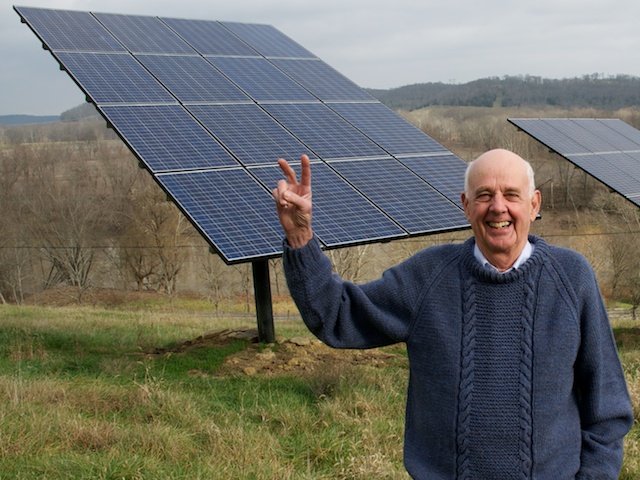
Today is the birthday of Wendell Berry, the writer, farmer, and activist from Port Royal, Kentucky.
Berry is my favorite author. Only twice in my life have there been authors I loved so much that I wanted to read not only everything they wrote but also everything that had been written by the people they considered to be friends, mentors, and influences.
C.S. Lewis was the first. Lewis, the Inklings, and his favorite medieval writers dominated my reading lists in my late teens and most of my twenties. Wendell Berry is the other. His fiction, poetry, and essays, as well as his published letters and interviews, have profoundly changed my thinking over the last ten years. They’re changing my actions too…slowly. (Side note: What’s been interesting has been to go back to C.S Lewis now and notice in retrospect the parallels between the two writers.)
Which Wendell Berry Book Should I Start With?
Every couple months I get a text from a friend or family member who is at a bookstore right now. They want to read some Wendell Berry but don’t where to start.
Those are fun messages to get. I tailor my answer to the person asking the question, and so the string of texts they get from me is probably longer, more detailed, and more earnest than they expected.
To mark Berry’s birthday, Chris and I put this question to our friends on Facebook and Twitter: If someone asked you which Wendell Berry book they should start with, how would you answer?
We want to share some of the responses we received. Chris and I will offer our own recommendations at the end. If you’re familiar with Wendell Berry, how would you answer the question? Let us know in the comments below. If you’re new to Wendell Berry, where do you plan to start?
Todd Edmondson had a few recommendations, depending on what the reader was in the mood for:
That Distant Land–collected short stories that introduce readers to characters that populate Port William. Arranged chronologically.
— todd edmondson (@toddmondson) August 5, 2017
If you're only going to read one novel, and want to get at Berry's vision most beautifully rendered, I recommend Jayber Crow.
— todd edmondson (@toddmondson) August 5, 2017
As for nonfiction, I'd go with Sex, Economy, Freedom, and Community
— todd edmondson (@toddmondson) August 5, 2017
Laura Ross on Facebook recommended That Distant Land, a collection of Wendell Berry’s short fiction, as did Katy on Twitter:
That Distant Land is a great intro to WB fiction. We meet all the residents & community & land of Port Wm. Happy bday #wendellberry!
— Katy (@katyasinyen) August 5, 2017
Al Engler, on staff with Nav Neighbors in Seattle, suggested a new reader start with the novels Jayber Crow and A Place on Earth. Tim Wasem, a writer and high school English teacher in East Tennessee, agreed:

Other recommendations for Jayber Crow came in on Twitter from Nathan Shaver, Sharon Lane, and Joe Chambers, as well as from Nate Hulfish on Facebook. One Slow Church friend from the Netherlands recently read Jayber Crow and plans to keep going:
I just finished Jaber Crow. My first reading of WB. It absolutely will not be the last I read from WB!
— Ard van der Lugt (@ard_lugt) August 5, 2017
Sara Sterley, a writer from Indiana whose blog often features a “Wendell for Wednesday” quote, told us on Facebook: “Jayber Crow is my favorite fiction of his (or anybody’s), but I’d recommend The Memory of Old Jack to a newbie because it sucks you into Port William and introduces many of the characters central to other stories.” (I make a similar recommendation, as you’ll see below.) Sara also recommends the essay collection What Are People For?, because that’s where she got hooked.
Sara wasn’t the only one to recommend What Are People For?
"What Are People For?" Because its essays are a cross section of his major themes. Sets a foundation for exploration of other works.
— Ryan Schnurr (@ryan_schnurr) August 5, 2017
Opens with "Damage" and "Healing"–hard to top those as an intro to Berry.
— Ryan Schnurr (@ryan_schnurr) August 5, 2017
The other nonfiction book to get multiple mentions was Sex, Economy, Freedom & Community, including recommendations from Todd Edmondson, Phillip Hall, and Stephen Milliken (who also recommended The Unsettling of America).
Several people were eager to praise Wendell Berry’s poetry, which is lovely, profound, accessible, and true. Will Ryan recommended Berry’s 2005 collection, Given, as did my friend, the writer Kristen Kludt:
Given. Because once you've read it you'll want to read everything else
— Kristen Leigh Kludt (@kristenlkludt) August 5, 2017
The writer and teacher David Dark said this:
I'd start w/ the poem about how to write one.
— David Dark (@DavidDark) August 5, 2017
Dark is referring to “How to Be a Poet (to remind myself),” which appeared in Given and can be read online at Poetry Magazine. That poem has been ringing in my ears for years. Last July I woke up in a hotel room in Tennessee with a book outline fully formed in my head based on this poem and Ephesians 2:10 — the only time that has ever happened to me. I quoted part of “How to Be a Poet” in a blog post earlier this week:
There are no unsacred places
there are only sacred places
and desecrated places.
On Facebook, David Wade laid out a helpful reading roadmap:
I think the important thing when approaching any of his writing is to be able to hear his voice. I found the most indelible place for that was reading A Place on Earth, especially aloud. Then move on to any of his poems, but particularly Sabbaths. Then the early essays like The Long Legged House or The Gift of Good Land. That should establish you and then you can go anywhere.
As you can see, the responses we got were varied and impassioned. This speaks to the quality of the work Berry has been producing for the last 55 years, as well as his consistent theme – healthy community built on fidelity to neighbor, family, creation, and the Creator. Ultimately, one consensus did emerge: While we all have different ideas of where you should start…you should definitely start somewhere.
I'd say one with his name on it. Like, any one. Sex, Economy, Freedom, and Community if you hold a gun to my head.
— Michael Morgan (@MichaelMorgan13) August 5, 2017
This is how Chris answered the question:
The first Wendell Berry book I read, if I remember correctly, was the essay collection What Are People For?, which is a great place to start reading his work. Another highly recommended introductory collection of essays is The Art of the Commonplace, which is a great launch into a number of themes central to all of Berry’s work.If you want to start with his poetry, This Day is the collection of his Sabbath poems, and I’d recommend starting there. If you want to start with fiction, the novel Jayber Crow would be my pick.
Jayber Crow is my second-favorite novel of all time — behind only Marilynne Robinson’s Gilead. In fact, I like it so much that I included it in my first book as one of the 100 books my co-authors and I thought every Christian should read. (You can read my short essay on Jayber Crow here.) But, like Sara said above, I usually don’t recommend it to folks who are just starting out. I prefer to recommend Hannah Coulter, a wise and lovely novel told from the point of view of a character who has become one of my favorite heroines in all of literature.
For someone looking to read nonfiction I recommend Sex, Economy, Freedom & Community or the collection of his agrarian essays that Chris mentioned, The Art of the Commonplace.
For poetry, I usually recommend two smaller collections. The first is Berry’s Selected Poems, which curates 100 of his best poems written between the 1950s and 1990s. The second is A Timbered Choir, his first collection of “Sabbath” poems. Most of the Sabbath poems were written on quiet Sunday walks around his farm. They are beautiful and they rank among my absolute favorite things Berry has published. There are longer collected editions of his regular poems and Sabbath poems, and they are well worth the time and money. But if you’re just starting out, these smaller volumes might not seem as overwhelming.
Finally, if you want to go deeper on Wendell Berry’s birthday, here are some additional resources you might find interesting:
- One of my favorite actors, Nick Offerman, talking about a new documentary he produced about our mutual favorite writer
- The Englewood Review has curated ten of the best Wendell Berry videos online
- The short essay on Jayber Crow that I wrote for my first book, Besides the Bible
- Our friend Ragan Sutterfield recently wrote a book on Wendell Berry
- Brother Tom Murphy, who runs probably the most complete online resource on Wendell Berry, has compiled a list of books he recommends for people just starting out
- A link to my favorite poem of all time, the “Manifesto: The Mad Farmer Liberation Front,” which was also Derek’s recommendation as a good place for new readers to start
I'd go with the revolutionary vitality of 'Manifesto: The Mad Farmer Liberation Front'. I look forward to your post.
— Derek (@mosteverybody) August 5, 2017
Author’s Note: There are Amazon affiliate links scattered throughout this post. If you purchase one of these great books using an affiliate link, Amazon will send a few cents to us, at no cost to you. I always to try to include an affiliate link for IndieBound as well, which allows you to order the book from a great independent bookstore near you. (I have a hunch Berry would prefer that be buying from an independent.) Because there are so many books mentioned in this post, these second links were really starting to clutter things up. Instead, I’ve collected them all below:
Fiction
- That Distant Land: [Amazon | IndieBound]
- Jayber Crow [Amazon | IndieBound]
- A Place on Earth [Amazon | IndieBound]
- The Memory of Old Jack [Amazon | IndieBound]
- Hannah Coulter [Amazon | IndieBound]
Nonfiction
- What Are People For? [Amazon | IndieBound]
- Sex, Economy, Freedom & Community [Amazon | IndieBound]
- The Unsettling of America [Amazon | IndieBound]
- The Long-Legged House [Amazon | IndieBound]
- The Gift of Good Land [Amazon | IndieBound]
- The Art of the Commonplace [Amazon | IndieBound]
Poetry
- Given [Amazon | IndieBound]
- This Day [Amazon | IndieBound]
- Selected Poems [Amazon | IndieBound]
- A Timbered Choir [Amazon | IndieBound]
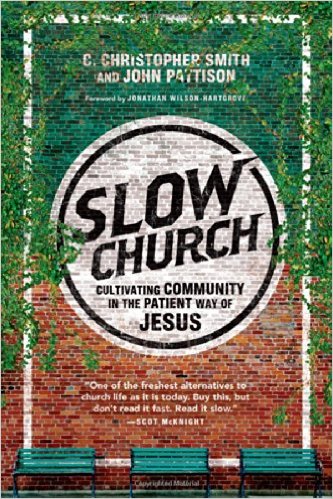

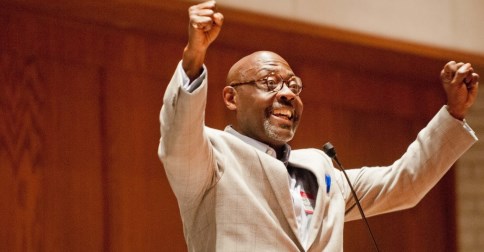
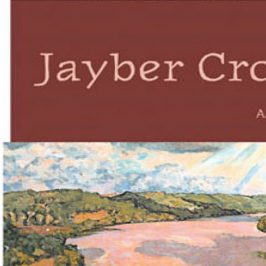
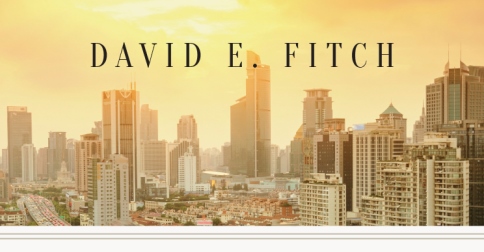
![Book Giveaway – Reading For the Common Good [3 copies]](https://slowchurch.com/wp-content/uploads/2017/05/RFTCG-Cover-Banner.jpg)
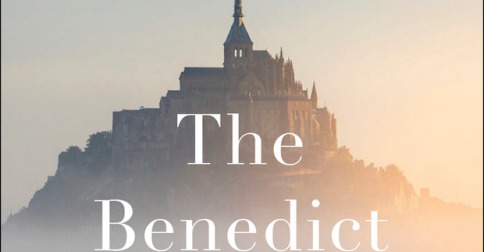
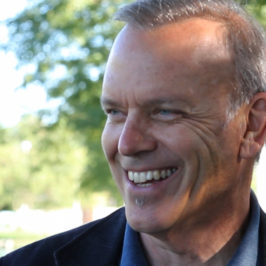
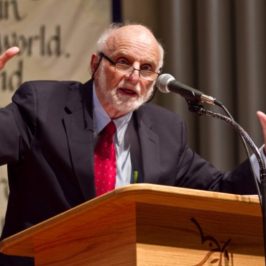
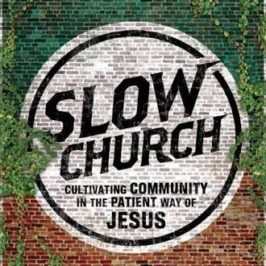
One Response
Elaine Lazar
Where are large print editions of his books available, please?